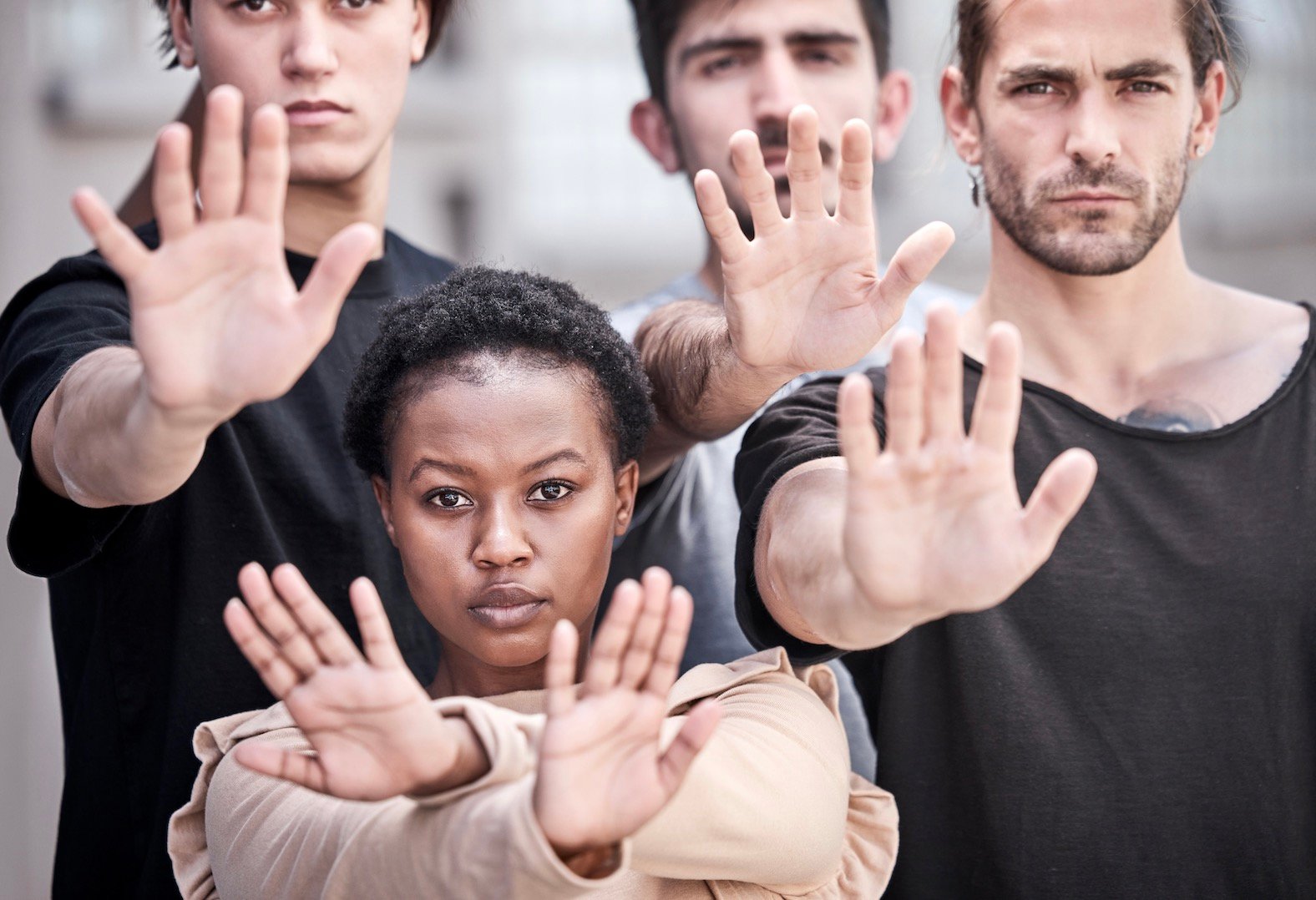What Self-defense Weapons are Legal in South Africa?
In South Africa, self-defense weapons that are legal to possess and use include pepper spray, stun guns, and personal firearms (under strict regulations). However, the use of any weapon for self-defense must strictly adhere to the law concerning reasonable and justifiable defense.
Pepper Spray
Pepper spray is considered one of the most accessible and effective self-defense tools. It does not require a license to carry and can be used by anyone for personal protection. Pepper spray works by causing temporary blindness, difficulty breathing, and severe pain to the assailant, providing the victim a chance to escape. It’s important to note that while legal, the use of pepper spray must be justified by the circumstances, and excessive use can lead to legal consequences.
Stun Guns
Stun guns are another legal self-defense weapon in South Africa. They temporarily incapacitate an attacker through an electric shock. Like pepper spray, stun guns do not require a license for possession. The effectiveness of stun guns in disabling an assailant without causing permanent harm makes them a popular choice for self-defense. As with all forms of self-defense, the use of a stun gun must be reasonable and proportionate to the threat faced.
Personal Firearms
Firearms are legal for self-defense in South Africa but are subject to stringent regulations. To legally own a firearm, an individual must obtain a license from the South African Police Service (SAPS). This process includes thorough background checks, firearm training, and an assessment of the individual’s need for a firearm. The use of a firearm in self-defense must be in direct proportion to the threat and should be the last resort when all other means of protection have failed.
Considerations and Legal Framework
When using any form of weapon for self-defense, the principle of proportionality must be maintained. This means that the force used in defense must not exceed what is necessary to address the immediate threat. South African law emphasizes the right to protect oneself; however, this right must be balanced with the legal obligations to use force reasonably.
Examples include:
- Using pepper spray against an unarmed but physically threatening individual.
- Employing a stun gun to prevent a robbery.
- Using a firearm against an armed intruder posing an immediate threat to life.
In summary, while certain weapons like pepper spray, stun guns, and firearms are legal for self-defense in South Africa, their use must always be justified by the situation and in accordance with the law. Excessive or unreasonable use can lead to legal penalties.
What does the law say about Self-defense
South African law allows for self-defense under specific conditions where the use of force is necessary and proportional to the threat faced. This is governed by the principles of necessity and proportionality, ensuring that any force used is in direct response to an immediate threat.
Principle of Necessity
The principle of necessity dictates that force may only be used as a last resort. Self-defense is justified when an immediate and unlawful threat is posed, and there are no other means to prevent the harm. This principle is crucial in determining whether the actions taken were indeed necessary under the circumstances.
Principle of Proportionality
Proportionality requires that the force used in self-defense must not exceed what is reasonably necessary to counteract the threat. This means the defender may only employ as much force as required to neutralize the imminent threat and no more. For instance, if an assailant is unarmed and simply shoving the defender, responding with lethal force would typically be disproportionate and therefore unlawful.
Legal Framework and Justifiable Defense
South African law encompasses the concept of justifiable defense or ‘private defense’ under the Criminal Procedure Act and is detailed in case law. The defense of person or property must meet the following criteria to be considered justifiable:
- The attack must be unlawful and imminent or have already commenced.
- The defensive action must be directed against the attacker.
- The means of defense must be necessary and reasonable under the circumstances.
Examples of Application:
- Using non-lethal force such as physical restraint or pepper spray against a person who is threatening physical violence.
- Employing lethal force, such as shooting an assailant, if faced with a direct and immediate threat to life or serious bodily harm.
Legal Implications
It’s important to note that claiming self-defense as a justification for the use of force will require proving the aforementioned criteria in a court of law. Excessive or unnecessary force can lead to criminal charges against the defender. Thus, understanding and adhering to these legal principles is crucial when considering or engaging in self-defense actions.
In summary, South African law supports the right to protect oneself and one’s property within strict legal bounds, emphasizing the necessity and proportionality of the response to the actual threat faced.
Did You See These?
Disclaimer
The content presented on this website was originally created by the team at Legal Advice. All information related to legal firms and legal matters is based on "User Submitted Data", and or publicly accessible data available from more than one online sources. Should you have any concerns or disputes about the information provided, please feel free to reach out to us at hello@legaladvice.org.za.

